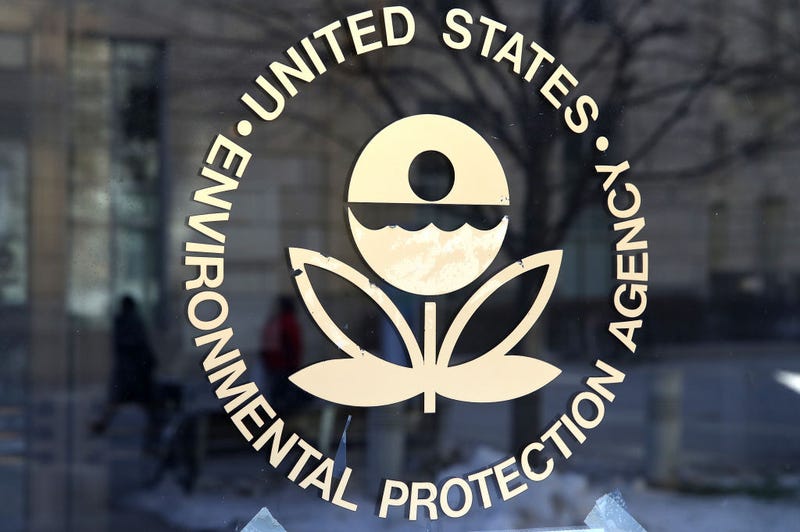
Three Bay Area research projects have been granted millions of dollars in funding to study how Californians can reduce their exposure to toxic wildfire smoke.
The University of California, Berkeley, Stanford University and the Public Health Institute were each awarded nearly $1 million by the Environmental Protection Agency for separate research projects regarding wildfire smoke.
The Public Health Institute is working to develop affordable air filters for agricultural workers in California’s San Joaquin Valley who are disproportionately exposed to wildfire smoke.
Stanford researchers are using a smartphone app known as the Stanford Smoke Study App to identify affordable ways to reduce health impacts from smoke exposure for low-income and non-English speaking communities.
UC Berkeley is working to improve communication of the risks of wildfire smoke exposure to farmworkers, Tribal Nations, the deaf community and non-native English speakers.
The EPA reminds the public that the biggest health threat from smoke is from fine particles which can get into your eyes and respiratory system whether you are outdoors or inside.
The microscopic particles can cause health problems such as burning eyes, runny nose, and bronchitis and can aggravate chronic heart and lung diseases, sometimes causing premature death.

